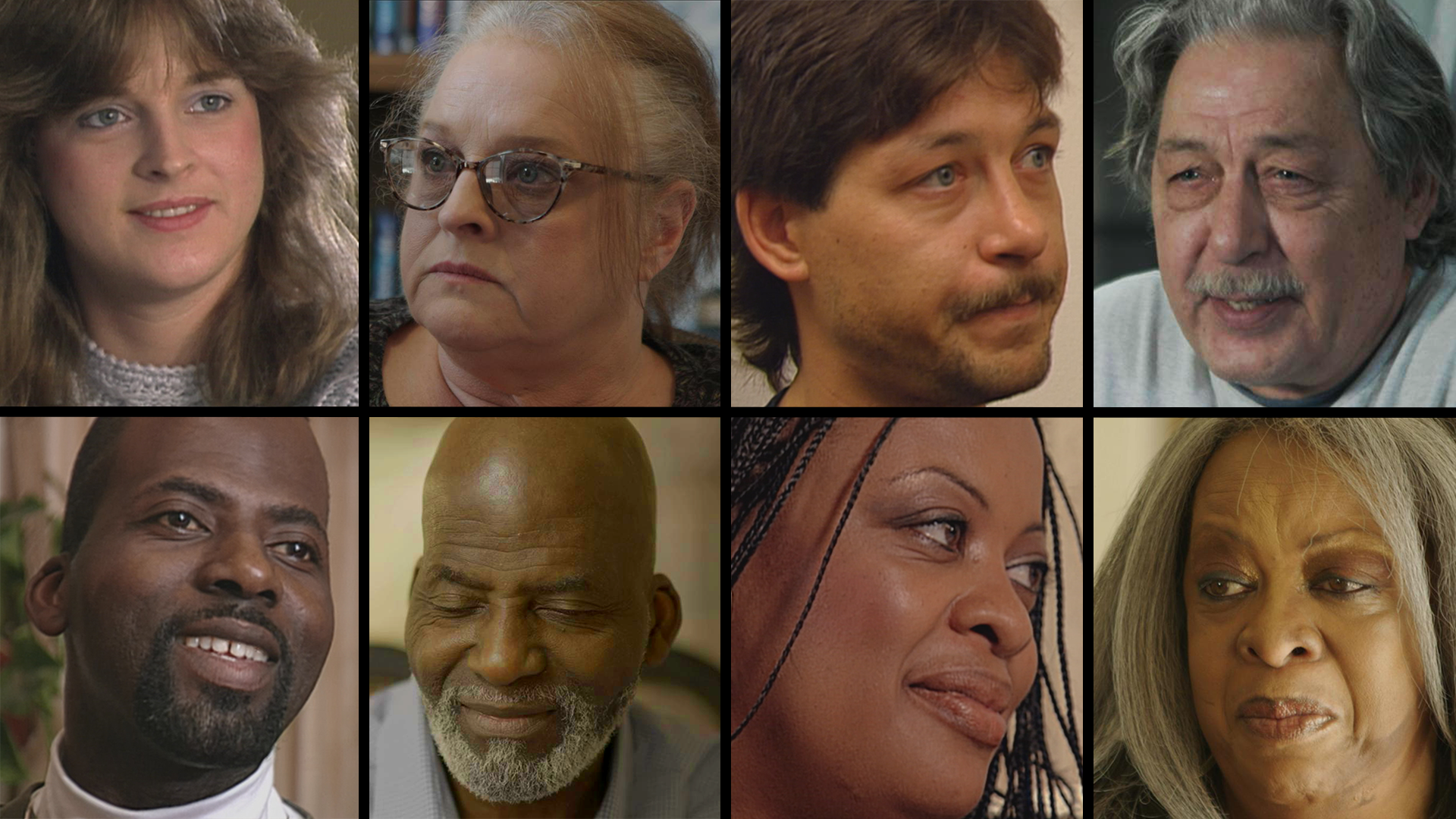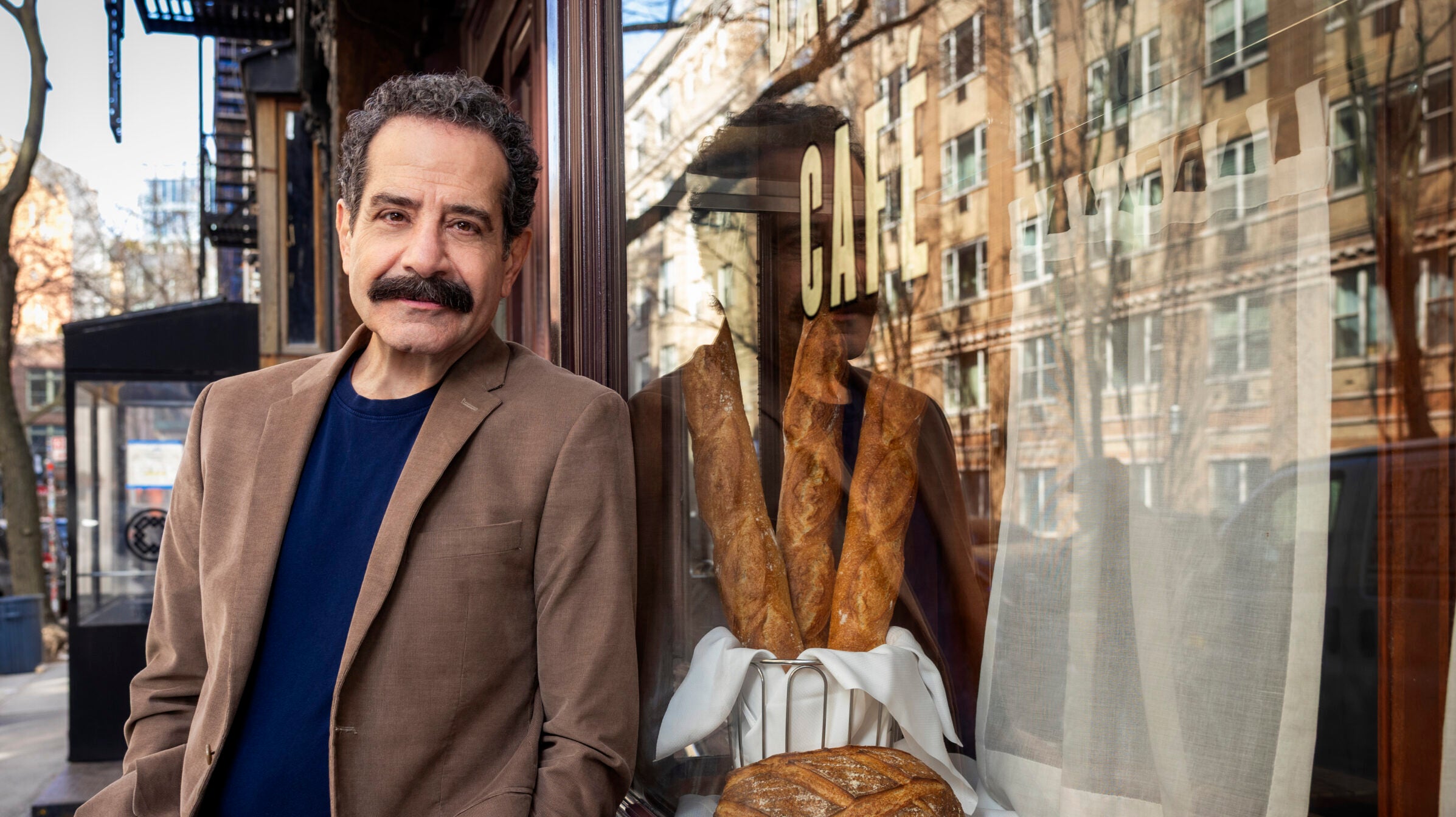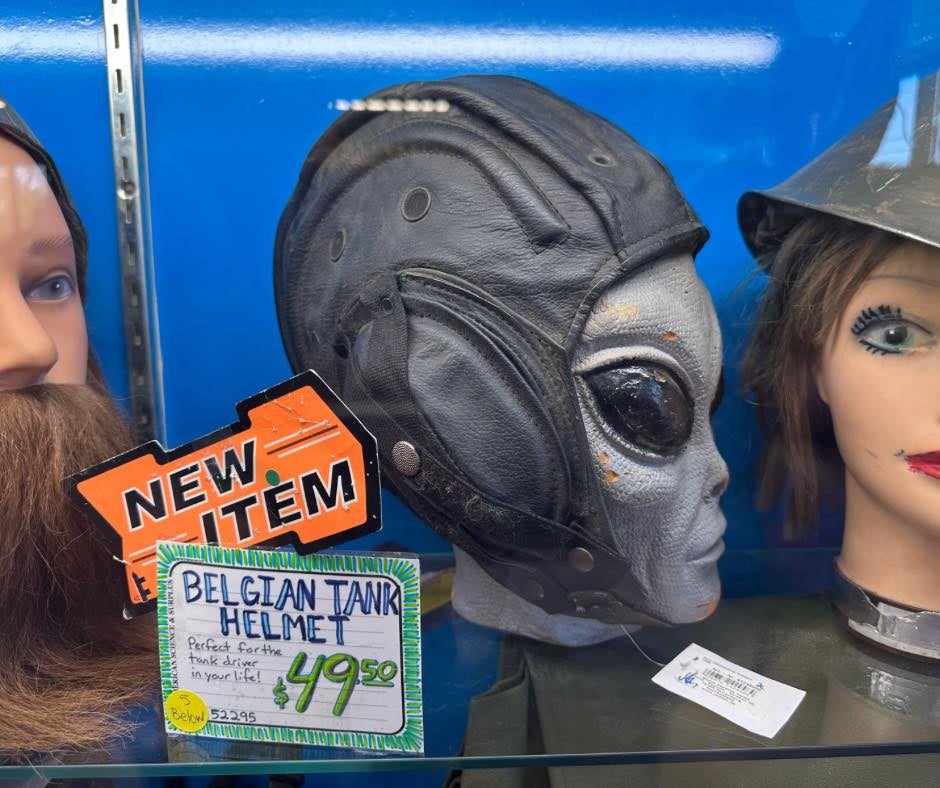In the early 1990s, two Milwaukee families lost good-paying manufacturing jobs. For the next 30 years, they worked relentlessly to stay out of poverty and maintain stability.
The success and challenges of the Stanleys and Neumanns are outlined in a new PBS “FRONTLINE” documentary, “Two American Families, 1991-2024.”
It’s the fifth installment of the “Two American Families”series narrated by Bill Moyers. The latest film shows the effects of low-wage jobs on relationships, retirement and the futures of the children in both families.
News with a little more humanity
WPR’s “Wisconsin Today” newsletter keeps you connected to the state you love without feeling overwhelmed. No paywall. No agenda. No corporate filter.
Tom Casciato and Kathy Hughes both produce and direct “Two American Families.” They joined WPR’s “Wisconsin Today” to speak about the documentary and how the families are doing today.
The following was edited for clarity and brevity.
Rob Ferret: Before we meet the two families who are the subject of this amazing, long-running documentary project, Kathy, can you set the scene for us? What led us into this story?
Kathy Hughes: Factories were closing in Milwaukee. They were closing throughout the region that we now call “Rust Belt.” It was about 1990 and hundreds of thousands of people had already lost their jobs. There was a lot of conversation about what was to come next for these folks, and we got the assignment to figure that out.

RF: Kathy, can you introduce us to the two Milwaukee families at the center of the documentary, the Stanleys and the Neumanns?
KH: Jackie Stanley had been working on the line at Briggs and Stratton and had been recently laid off when we met her. Her husband, Claude, had been at another big Milwaukee manufacturer, A.O. Smith, and was laid off. They lived in Sherman Park, and they still live in Sherman Park. But back then, a lot of people who lived in Sherman Park were able to support middle-class families with these kinds of jobs. They had relatively high wages, they had benefits, they had pensions. And suddenly, that had all gone away. So for Jackie, at least, she decided she was going to work in real estate.
Tony Neumann had also worked at Briggs. He and his wife at that time, Terry Neumann, had three little kids. Tony had gotten the job in the late 1980s. They thought it was a secure job. They bought a house. Terry had hoped to stay home and be a full-time mom to these little kids. When we first met them, they were struggling. Tony had been laid off about a year before that, and they were really struggling to hold on to their house. So, that’s where we meet them in 1991.

RF: Tom, the families went from making between $18 to $20 an hour down to below $6 an hour in some cases. How did that impact the life of these two families for the next 30 years?
Tom Casciato: I think there was an implicit promise — never written down and never stated — that these families would have a foothold in a good, decent, American middle-class life. What I mean by that is these families being able to put food on the table, have a decent car to drive to get to work, work real hard, put your kids through school and not have to go to bed every night wondering, “How are we going to make it?”
The parents in each family spent the last 34 years living in that service economy. They’re kind of a lost generation as far as the American Dream goes. They never really had the opportunity to make it, if you will. That doesn’t mean they didn’t, in some ways, make it.
A clip from PBS “FRONTLINE” documentary “Two American Families, 1991-2024,” where Keith Stanley talks about hard work and sacrifice in the U.S. He started a lawn care business to help the family get by and eventually went to college.
RF: Kathy, very clearly, these are people who want to work but circumstances beyond their control have put them in this situation. Is that a theme of this documentary?
KH: Hard work is the theme. It’s not only that they want to work — they do work throughout the last 34 years. That’s just a given, and that’s what amazes us every time we think about this. These folks, they’re not sitting around saying, “Oh, give me a handout.” They’re persevering and hoping things get better over time.
Part of what is a little bit upsetting is that the struggles continue. The parents are now reaching retirement age, and things are tight all around. They are far from the only Americans who might not have enough tucked away as they reach retirement age.
A clip from PBS “FRONTLINE” documentary “Two American Families, 1991-2024,” where Terry Neumann talks about how personal finances are changing Milwaukee.
RF: Kathy, in the above clip, Terry Neumann makes a direct line from the difficult economic circumstances to crime and violence. What do you make of that?
KH: She says it very well and it’s really what they have been observing. Her son decides to have a handgun in order to protect himself. He just feels like that’s what he needs now in order to feel safer. It’s not just Milwaukee, I think this is becoming a problem in a lot of communities.
RF: Tom, what is the value of coming back again and again to see how these families have grown and changed over the decades?
TC: It really allows you to look at Jackie and Claude Stanley, Terry and Tony Neumann generationally, not just at a moment in time. What has happened to these folks who grew up with an idea of what the American Dream was and have now spent decades living in the absence of that dream tells you a lot more about the country than we could ever tell in making an individual film.
Wisconsin Public Radio, © Copyright 2026, Board of Regents of the University of Wisconsin System and Wisconsin Educational Communications Board.







